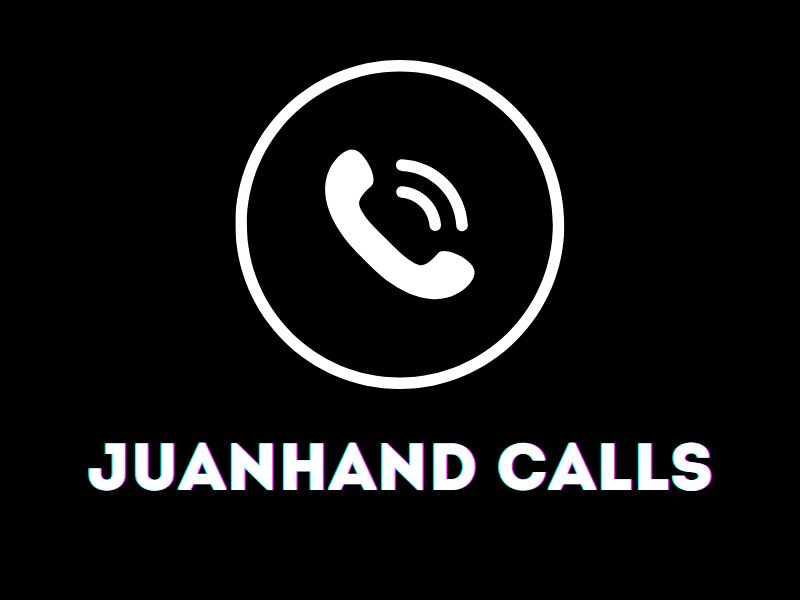- What are Juanhand Calls?
- Why Juanhand Calls are Not a Scam
- Strategies to Manage Juanhand Calls
- Protecting Yourself from Scams
- Conclusion
- FAQs
In today’s interconnected world, receiving unexpected phone calls has become a common occurrence. Among these are Juanhand calls, which, contrary to popular belief, are not necessarily associated with scams. Understanding the nature of Juanhand calls and how to manage them effectively is essential in navigating the modern landscape of phone communication.

What are Juanhand Calls?
Juanhand calls refer to unsolicited phone calls from individuals or organizations seeking to convey important messages or offers. These calls may originate from a variety of sources, including businesses, government agencies, or service providers. Despite their prevalence, Juanhand calls are often misunderstood and unfairly labeled as scams.
Why Juanhand Calls are Not a Scam
It’s important to dispel the misconception that all Juanhand calls are fraudulent in nature. While some unsolicited calls may indeed be attempts to deceive or defraud individuals, not all Juanhand calls fall into this category. Many legitimate businesses and organizations use phone calls as a means of reaching out to customers or members of the public with relevant information or offers.
Strategies to Manage Juanhand Calls
Managing Juanhand calls effectively involves distinguishing between legitimate calls and potential scams. One strategy is to verify the identity of the caller by asking for specific information or contacting the organization directly. Additionally, utilizing call blocking features or apps can help filter out unwanted calls and reduce the likelihood of falling victim to scams.
Protecting Yourself from Scams
While Juanhand calls themselves may not be scams, it’s crucial to remain vigilant against fraudulent activity in all forms. Be wary of callers requesting sensitive information or urging immediate action, as these may be indicators of a scam. Safeguarding your personal information and staying informed about common scam tactics are key steps in protecting yourself from falling victim to fraud.
Conclusion
In conclusion, understanding Juanhand calls and distinguishing between legitimate communication and potential scams is essential in today’s digital age. While not all Juanhand calls are scams, it’s important to remain vigilant and employ strategies to manage unwanted phone communication effectively. By staying informed and proactive, individuals can protect themselves from falling victim to fraudulent activity.
FAQs
No, not all Juanhand calls are scams. While some may be attempts to deceive or defraud individuals, many are legitimate communications from businesses or organizations.
Legitimate Juanhand calls typically come from known businesses or organizations and may involve offers or information relevant to you. Scams, on the other hand, often involve requests for sensitive information or immediate action.
If you receive a suspicious Juanhand call, refrain from providing any personal information or taking immediate action. Instead, verify the caller’s identity and report any suspicious activity to the appropriate authorities.
Yes, many phones and service providers offer call blocking features that allow you to block specific numbers or types of calls, including Juanhand calls.
To protect your personal information, refrain from sharing sensitive details such as your Social Security number or financial information over the phone unless you are certain of the caller’s identity and legitimacy.